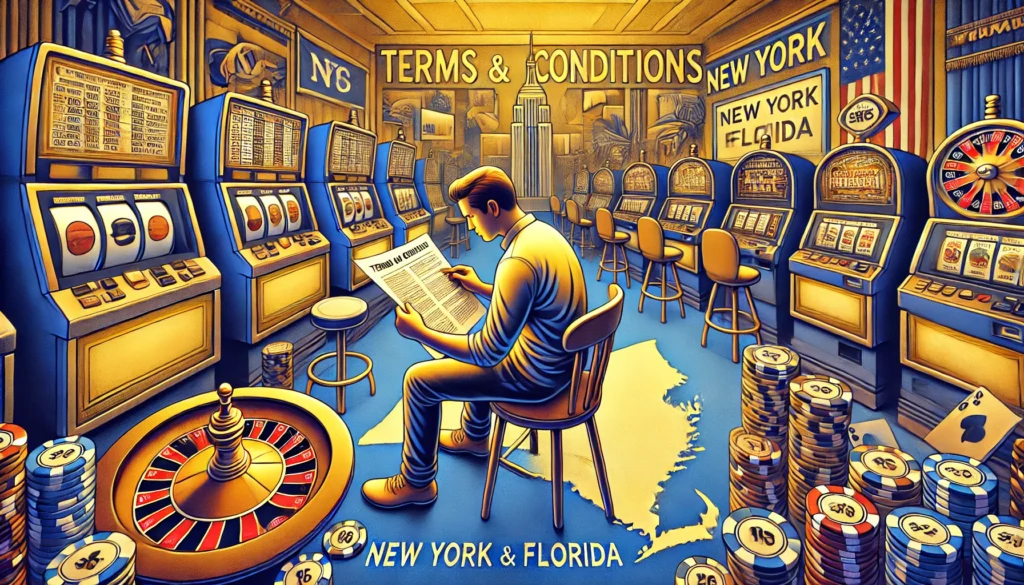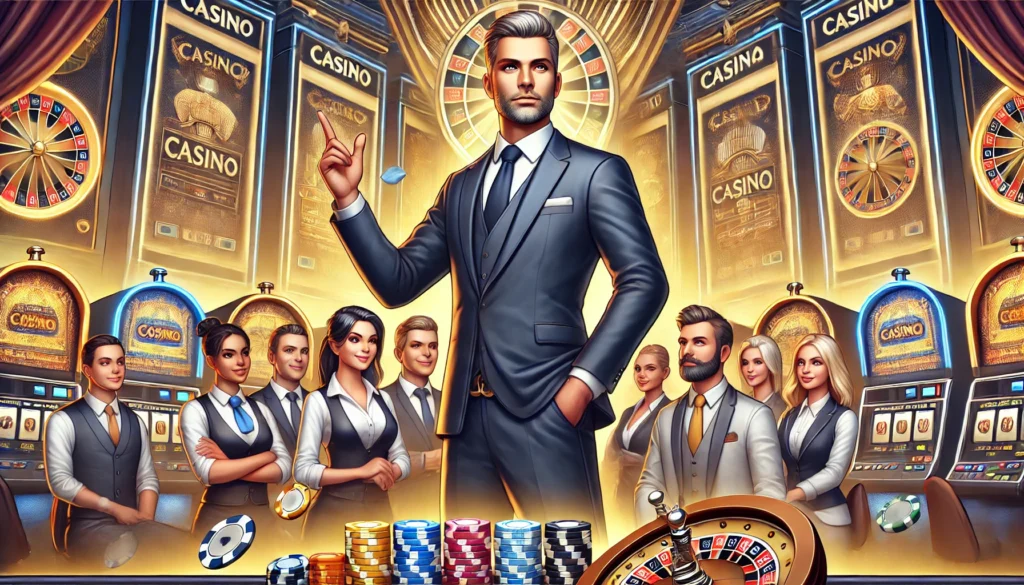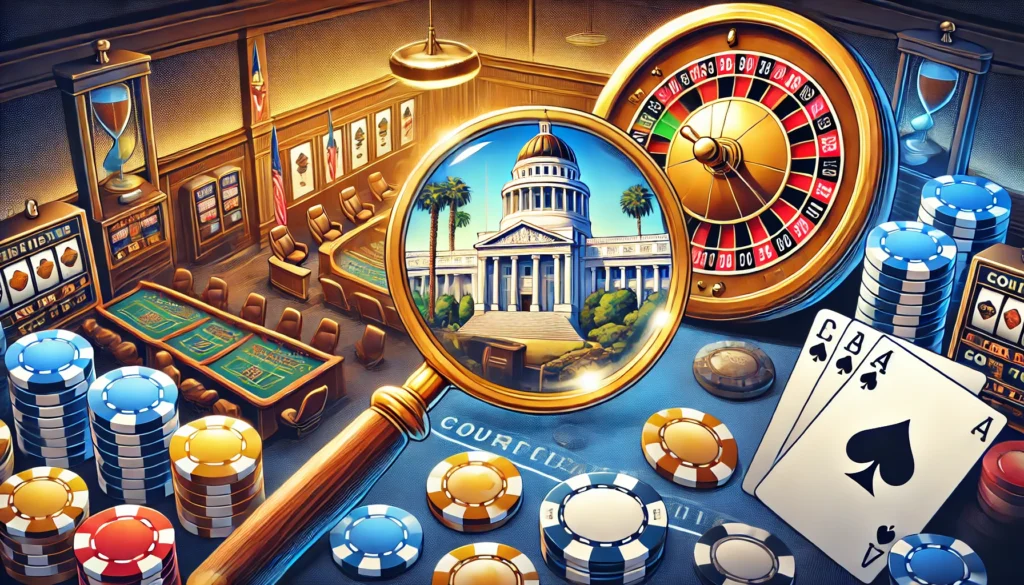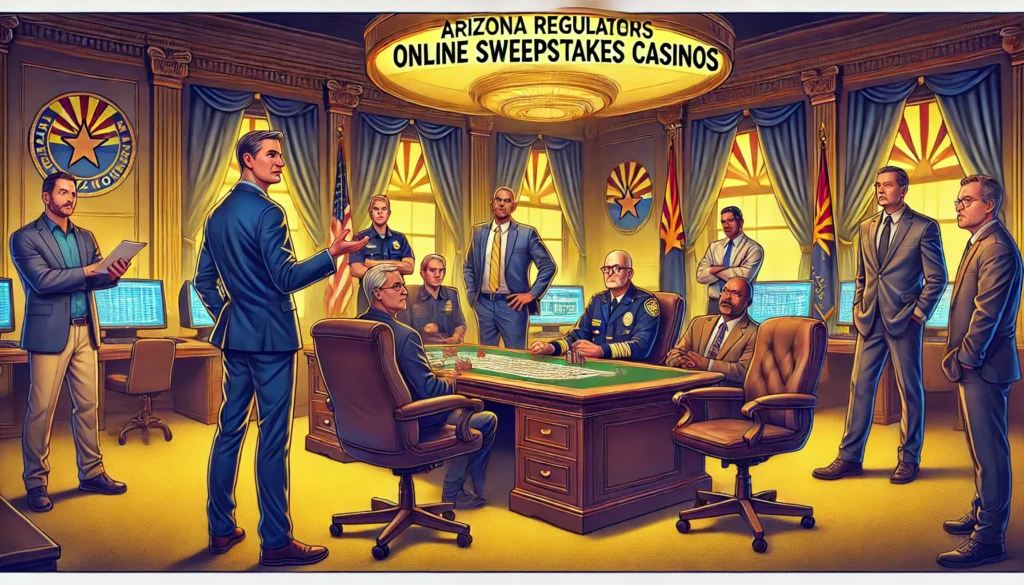My email inbox is not happy with me at the moment.
It likes order, cleanliness, tranquility.
It thrives on a steady flow of read-and-delete and gags at the very thought of unreads piling on top of one another.
Well, email inbox, I profusely apologize for what I’ve done to you these past two weeks.
Or, rather, what sweepstakes casinos have done to you.
Well, that escalated quickly
Here’s the deal: I signed up for seven sweeps casino sites on Jan. 8 for a story that analyzed arbitration clauses in terms and conditions and if those same clauses (or similar clauses) showed up in separate terms and conditions for specific promotions. Those seven sites were:
- High 5 Casino
- McLuck
- Chanced
- WOW Vegas
- DingDingDing
- Crown Coins
- RealPrize
Then, from Jan. 8-20, I received 143 promotional emails from those seven operators. That’s 11 per day over the 13 days, and it was really more like 12 days, because I signed up pretty late at night on Jan. 8.
I received the most emails from DingDingDing at a whopping 63. That’s nearly five a day.
Chanced was the least abrasive, at just eight total emails.
Only one email focused on responsible gaming
Of the 143 emails, only one had anything to do with responsible gaming. That one came from Chanced — the welcome email, after I’d confirmed my email address. The subject line: Chanced Responsible Social Gaming Introduction. The other 142 revolved around unclaimed bonuses and exclusive offers and 40% sales and big jackpots and a whole lot of FREE in all caps and plenty of emojis to make my once-pristine inbox look like the promo poster for a junk mail convention.
It was a lot. Plain and simple. Probably too much.
For me, it was too much because of the sheer volume and annoyance. But I’m lucky to say I don’t have a gambling problem. I signed up for these sweeps sites to dig through the terms and conditions, and that’s it. I haven’t played one game so far.
For those with gambling problems, there could be a deeper impact of this bombardment of grab-you-by-your-eyeballs advertising.
I’ll make something clear: I don’t fault sweeps operators for this style of promotion. We don’t bash Bud Light for its incessant ads during every sporting event that has ever happened ever. In fact, in a couple weeks, we’ll all celebrate the comedy of Super Bowl commercials for beer and liquor that very well could have the same effect on alcoholics that sweeps email blasts may have on those with gambling addictions.
The effects in either situation are awful. But the solution is not to prevent Bud Light from making those commercials, just like the solution shouldn’t be to prevent sweeps sites from their full-court-press advertising campaigns.
However …
Now is not the time for sweeps operators to mess around with RG practices
Bud Light isn’t fighting the same war that sweeps operators are right now.
Sweepstakes gaming is glued down to a petri dish under the collective microscope of the gambling industry. Industry stakeholders and lawmakers find themselves analyzing the nature of the dual-currency gaming model and debating whether to ban the sites or regulate them.
Now, more than ever, is a time for sweeps operators to convince us all that they have the players’ well-being in mind, that they advocate responsible gaming and promote responsible gaming tools and messaging on their sites, that they keep responsible gaming in mind with all their current practices. Make no mistake, that’s why the Social and Promotional Games Association, formed by operators to advocate sweepstakes gaming as more and more power-brokers in the US began paying attention to the industry, released a Code of Conduct in December. That code included four main tenets:
- Age verification to limit purchases to those 18 and older
- Proper identity verification (Know Your Customer or KYC)
- Customer location verification
- Anti-money laundering policies to monitor transactions
That’s great. It’s a good foundation. And the SPGA said it will add more to its Code of Conduct in the future. You can be sure anything it adds will have a responsible gaming flavor.
So that’s where we come back to the 143 emails in my inbox.
Pull advertising vs. push advertising
It’s a lot. Yes, I can choose to unsubscribe from each operator’s emails (and I sure did). But that’s not the point.
It’s in the best interest of sweeps operators to walk on proverbial eggshells when it comes to responsible gaming in 2025, which is going to be a pivotal year for the future of the industry. And the weight of 143 emails cracks those eggshells.
These emails are an example of “push advertising” — where a company sends marketing material directly to a client even if that client hasn’t requested it.
Massachusetts regulators discussed push advertising — and its responsible gambling implications — in March 2023 as the state legalized online sports betting. At first, the Massachusetts Gaming Commission wasn’t going to allow sports betting affiliate sites to sign deals with sportsbooks that would allow operators to pay affiliates for each customer they sent to the sportsbook.
What I just outlined is an example of “pull advertising” — where a company fosters interest and demand organically by creating content customers find on their own. In the case of the sports betting affiliates, interested sports bettors in Massachusetts would Google search terms like “MA sportsbook promo codes” and find the sportsbook deals on the various affiliate sites.
As a way to convince the MGC to finally allow these “Cost-Per-Acquisition” (CPA) affiliate deals, Katherine McCord, an attorney representing affiliate network Better Collective, relayed the potential pitfalls of push advertising vs. pull advertising in the gambling sector.
“By prohibiting CPA … operators will instead focus their marketing budgets away from pull advertising (such as agreements with marketing affiliates) and towards push advertising,” McCord said. “Push advertising is shown across all age demographics and doesn’t include the same responsible gaming resources and educational content that marketing affiliates provide.”
My inbox has a message for the seven sweeps sites I signed up for: Hey, maybe let’s go ahead and try some more pull advertising and ease up on the push advertising, OK?
So says the inbox.








